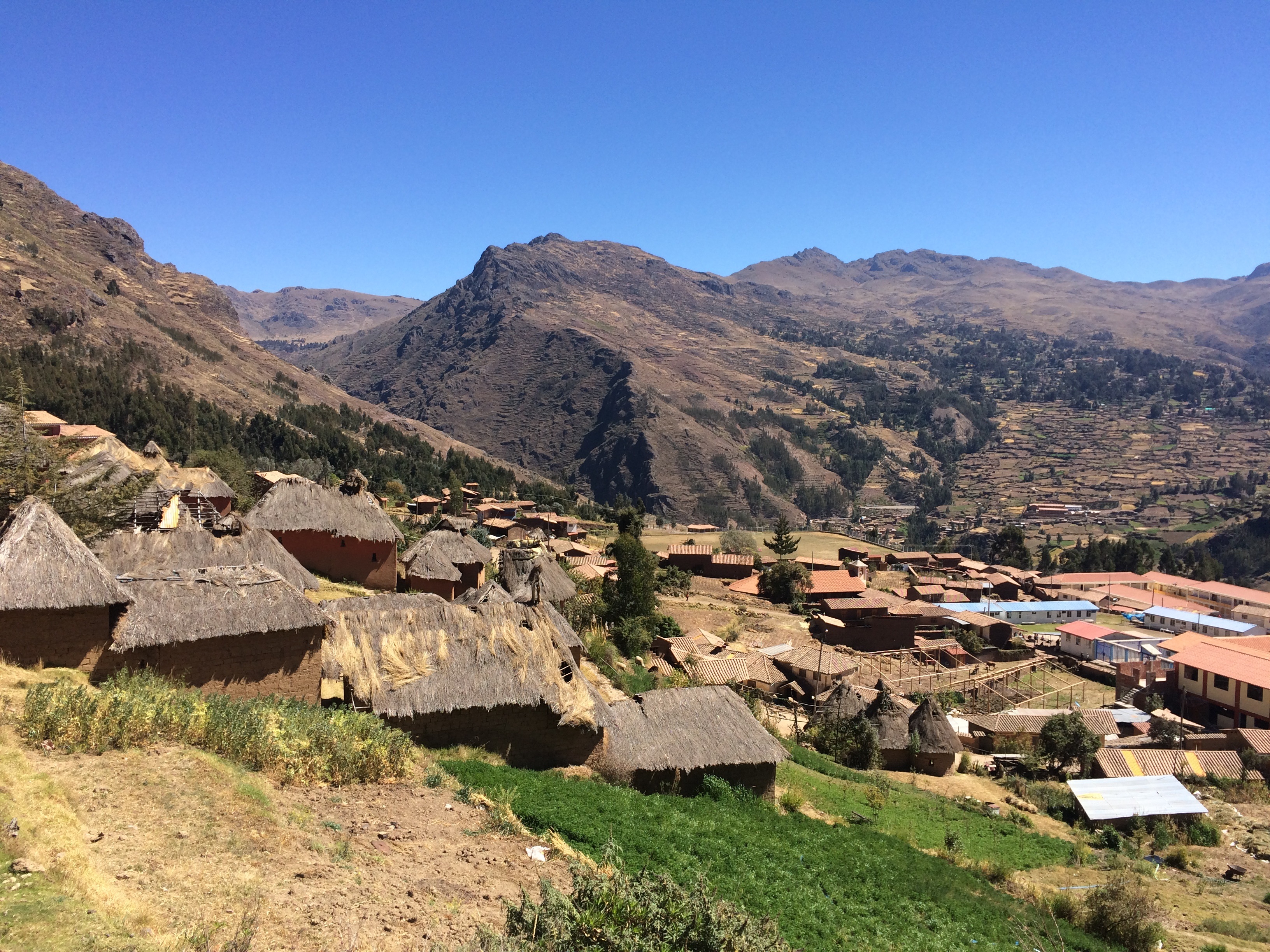

States of Extraction: The Emergence of Indigenous Accommodation in Latin America
At the heart of my book lies a central puzzle around demands for indigenous rights. While an established scholarship suggests native groups hold a nearly uniform preference for indigenous rights, native communities in a variety of contexts, from Bolivia to the United States, have frequently rejected these rights. This empirical observation is similarly inconsistent with a robust interdisciplinary scholarship, which claims that all rights--even those that are second-best options--empower groups to achieve further concessions from the government. Why then do some indigenous communities embrace indigenous rights, while others reject these rights?
A second core puzzle examined in my book involves the decision of governments to recognize indigenous rights. Existing work suggests that central governments should be hesitant to recognize these entitlements, which cede authority to non-state, indigenous institutions and may therefore threaten the government's monopoly of territorial control. Yet, in a variety of historical and contemporary cases--from 1840s Guatemala and El Salvador to contemporary Mexico and Canada--central states have recognized indigenous rights.
To address both of these empirical puzzles, I analyze the pivotal role of historical extraction, which I define as the coercive mobilization of indigenous land, labor, and financial or natural resources for the benefit of non-indigenous actors. Extraction often motivated initial contact between indigenous communities and non-indigenous outsiders. In the post-independence period, the chief perpetrators of extraction were newly created republican governments and rural economic elites, such as landowners and mining companies. These non-indigenous actors seized indigenous land, coopted their unpaid labor for public and private works, and collected discriminatory head taxes levied only on native populations. I consider two principal forms of extractive activity: state-led extraction and private predation.
State-led extraction tended to be widespread and systematic; as such, it provided a common grievance around which many communities could mobilize to resist extraction and demand rights. Indigenous elites (i.e., community presidents and elders), who organized this grassroots collective action, were more likely to mobilize their communities on behalf of the rights that increased their own power: indigenous rights.
Extraction by rural economic elites, on the other hand, tended to be more opportunistic and targeted. As such, this "private predation" often failed to generate the grassroots forms of cross-community collective action that arose in response to state-led extraction. Lacking this option, communities were more likely to appeal to non-indigenous actors, such as peasant unions and Left parties, to solve their collective action problem. Forming these alliances, however, required indigenous communities to moderate their demands so that they were compatible with the non-ethnic, class-based orientation of their non-indigenous surrogates. Thus, private predation generally led to cross-community mobilization--organized by non-indigenous surrogates--to demand individual rights, such as private land titles and workers' protections.
In addition to shaping community demands for rights, I argue that extraction also shaped the supply-side willingness of states to recognize these rights. Rural economic elites were historically an important veto player within Latin American politics, leveraging their structural and instrumental power to block policies that were not aligned with their central goal of wealth accumulation. In the realm of indigenous policy, rural economic elites had a primary interest in thwarting any extension of rights, which might reduce their ability to extract native groups' land and labor. I therefore theorize that states were more likely to recognize indigenous--and individual--rights when rural economic elites were comparatively weak.
To test these theoretical predictions, my book employs a multi-method strategy that leverages historical natural experiments, interviews with indigenous elites and community members, two original surveys of indigenous Bolivians and Peruvians, and archival data. I analyze two main cases: Peru and Bolivia. I also draw on evidence from a series of shadow cases: Ecuador, El Salvador, Guatemala, and Mexico.
Funded by: US Department of Education, UC Berkeley Institute for International Studies John L. Simpson Memorial Grant,
Institute for Research on Labor and Employment, UC Mexus, National Science Foundation
Implementing partner: IPA
© 2018 Christopher Carter
Adapted from road2stat (Nan Xiao)